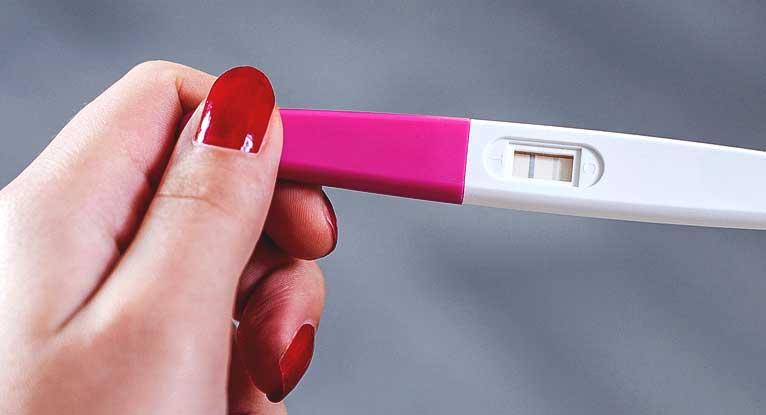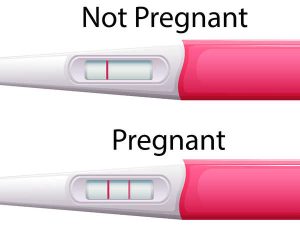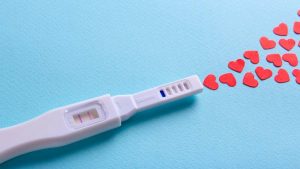For couples who are trying to conceive, it can be both an exciting and stressful time. There are many things to consider when it comes to improving their chances of conception, from timing intercourse to tracking ovulation. Ovulation test kits (OPKs) have become an increasingly popular tool for couples trying to conceive. In this article, we will explore why couples should use ovulation test kits, best practices for their use, and the advantages of using OPKs.
Why Use Ovulation Test Kits?
Ovulation is the process in which an egg is released from the ovary, making it available for fertilization. The timing of ovulation is critical for couples trying to conceive, as they need to have intercourse during the fertile window when the egg is available for fertilization. Typically, ovulation occurs around day 14 of a woman’s menstrual cycle, but this can vary greatly from woman to woman. OPKs are designed to detect the surge in luteinizing hormone (LH) that occurs just before ovulation, which can help couples time intercourse correctly.
There are several reasons why couples should consider using ovulation test kits when trying to conceive:
- They Provide a More Accurate Ovulation Prediction
While some women may be able to predict when they are ovulating based on changes in cervical mucus or other symptoms, these methods can be subjective and unreliable. OPKs provide a more accurate way to predict ovulation by detecting the surge in LH that occurs before ovulation.
- They Help Couples Time Intercourse Correctly
Timing intercourse correctly is critical for conception. OPKs can help couples identify the fertile window, which is the time when intercourse is most likely to result in pregnancy. By timing intercourse during the fertile window, couples can increase their chances of conception.
- They Can Help Couples Identify Fertility Issues
If a woman consistently has trouble detecting an LH surge with an OPK, it may indicate a fertility issue. In some cases, women may not be ovulating regularly or may have a condition such as polycystic ovary syndrome (PCOS) that affects ovulation. By using OPKs, couples may be able to identify these issues early and seek treatment if necessary.
Best Practices for Using Ovulation Test Kits
To get the most accurate results from an ovulation test kit, it is important to follow some best practices for their use:
- Test at the Right Time
The timing of OPK testing is critical for accuracy. Women should start testing a few days before they expect to ovulate, usually around day 10 of their menstrual cycle. Testing should be done at the same time each day, preferably in the afternoon or early evening.
- Don’t Drink Too Much Fluid
Drinking too much fluid before testing can dilute urine and affect the accuracy of the results. Women should try to limit their fluid intake for a few hours before testing.
- Read the Instructions Carefully
Each brand of OPK may have different instructions for use, so it is important to read the instructions carefully before testing. Some tests may require dipping the test strip in urine, while others may require holding the test stick under a stream of urine. It is also important to follow the recommended testing frequency, which may vary depending on the brand.
Advantages of Using Ovulation Test Kits
There are several advantages to using ovulation test kits when trying to conceive:
- They are Easy to Use
OPKs are easy to use and can be done at home without the need for a doctor’s visit. Most OPKs provide clear results that are easy to interpret.
- They Can Help Reduce Stress
Trying to conceive can be stressful, and OPKs can help reduce some of that stress by providing





